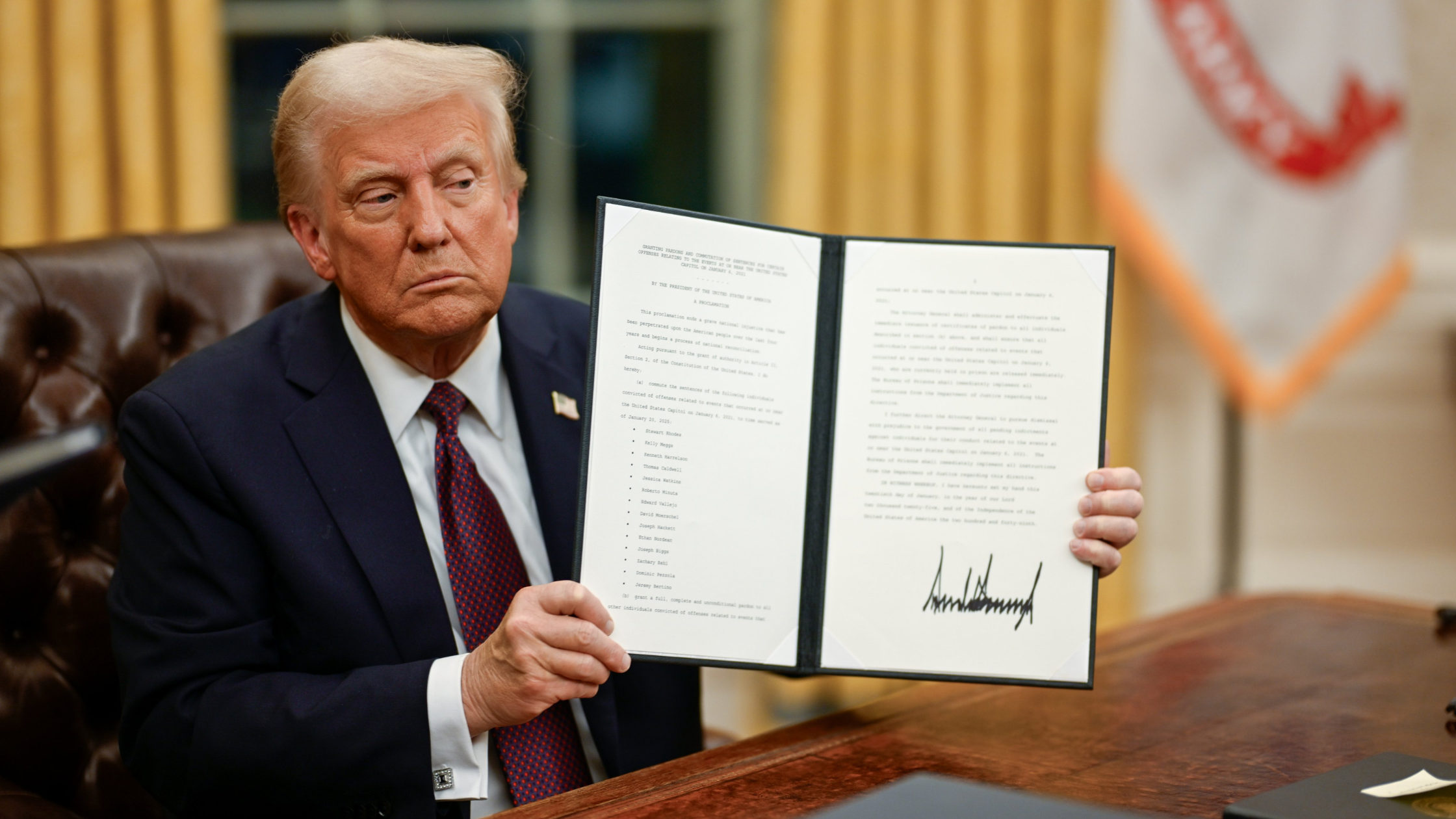Understanding the Latest Policy Changes
Recent immigration changes under Trump have significantly affected various programs and legal protections in the United States. With new policy directives suspending processes for parole beneficiaries, increasing scrutiny on green card holders, and cutting legal aid for unaccompanied minors, many immigrants are now facing heightened uncertainty. Here’s what you need to know about these policy changes and how they could impact your case.
Key Immigration Changes Under Trump

1. Suspension of Immigration Processes for Parole Beneficiaries
The Trump administration has implemented an indefinite “administrative pause” on immigration processes for individuals benefiting from parole programs, including humanitarian parole and family reunification. This affects thousands of applicants from Latin America and Ukraine who had legally entered the U.S. and were in the process of adjusting their status. Officials cite fraud concerns and security risks, but advocacy groups argue this leaves many in legal limbo.
2. Termination of Legal Representation and Federal Funding Cuts for Unaccompanied Minors
One of the most alarming immigration changes under Trump is the termination of legal services for unaccompanied minors, coupled with federal funding cuts. Over 26,000 immigrant children nationwide now face immigration proceedings without access to legal representation.
The administration has withdrawn $200 million in federal funding allocated for legal representation of unaccompanied minors. This has led to the suspension of key legal aid services, leaving thousands of children without attorneys in court. Without proper legal counsel, many of these children risk deportation, increasing their vulnerability to trafficking and exploitation.
Immigration attorneys and advocacy organizations warn that this policy could lead to higher deportation rates among vulnerable youths who lack the resources to defend themselves in complex legal proceedings.
3. Indefinite Suspension of Certain Immigration Applications
USCIS has indefinitely halted processing for individuals who entered the U.S. under categorical parole programs, including Uniting for Ukraine and the CHNV (Cuba, Haiti, Nicaragua, Venezuela) Parole program. This suspension impacts applications for Temporary Protected Status (TPS) and adjustments to lawful permanent resident (green card) status, leaving many applicants in an uncertain legal situation.
4. Increased Scrutiny and Deportation of Green Card Holders
Another significant immigration change under Trump involves heightened scrutiny of lawful permanent residents (green card holders). Increased deportations have been reported for individuals with prior criminal convictions or alleged immigration violations. Legal experts advise green card holders to consult an attorney immediately to assess any risks under the current administration’s policies.
5. Travel Advisory for Advance Parole Holders
Individuals planning to travel using advance parole should proceed with caution. Reports suggest that returning travelers are facing additional questioning and, in some cases, being denied re-entry. If you have advance parole, consult with an immigration attorney before leaving the U.S. to minimize potential risks.
6. IRS and ITIN Updates
Changes in IRS regulations now require certain Individual Taxpayer Identification Numbers (ITINs) to be renewed. Failing to renew an expiring ITIN can result in processing delays for tax returns and potential issues with immigration-related filings. Stay updated on these requirements to avoid complications.
How These Policy Changes Impact Families

One of the most devastating immigration changes under Trump is its impact on families. The suspension of humanitarian parole and the elimination of legal representation for unaccompanied minors have left thousands of immigrants vulnerable to deportation, separation, and legal uncertainty. Without access to proper legal channels, many families are struggling to maintain stability in the U.S.
This shift in policy also affects individuals awaiting green card applications, particularly those adjusting status through family-based immigration. The indefinite suspension of immigration applications for parole beneficiaries means that many individuals who had legal pathways to residency are now at risk of losing their opportunities.
In addition to these restrictions, new enforcement measures like the Laken Riley Act pose even greater risks for immigrants. This controversial legislation grants broader powers to ICE, increasing detention and deportation risks while raising concerns over due process violations. Understanding how the Laken Riley Act affects immigrants, families, and due process rights is essential for anyone navigating today’s uncertain legal landscape. Read our recent blog to learn more: What is the Laken Riley Act and How It Affects Immigrants.
As the legal landscape continues to evolve, staying informed and seeking legal guidance is critical. Whether you’re applying for a green card, renewing your DACA status, or facing removal proceedings, proactive legal action can make a significant difference in securing your future.
Final Thoughts: Take Action Before It’s Too Late

The immigration changes under Trump present significant challenges, but you are not without options. If you or a loved one is affected by these new policies, seeking professional legal guidance is more important than ever. Don’t wait until it’s too late—secure your legal status and protect your future today.
At Qazi Law Offices, we are committed to helping you navigate these challenging times with expert legal support tailored to your unique situation.
📞 Call us now at 630-504-0648 or book an appointment with Attorney Farrah here. Let’s work together to protect your rights and your family’s future.
Facebook: Qazi Law Offices
Instagram: AbogadaFarrahQazi
LinkedIn: Qazi Law offices

